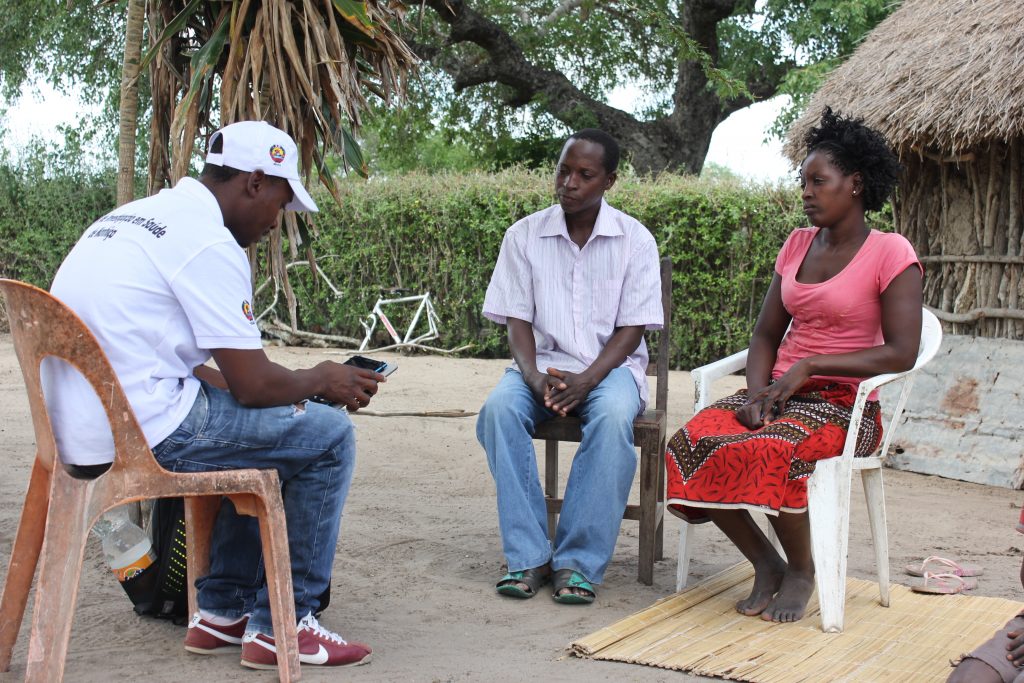This year we published the final results of the Magude project, performed in the context of the Mozambican Alliance towards the Elimination of Malaria (MALTEM). The results show that mass drug administration combined with strengthened vector control and surveillance was able to achieve an 85% reduction in malaria cases, but fell short of eliminating the disease (1).
Together with a multidisciplinary group of experts, we established a roadmap for using ivermectin as a complementary vector control tool against malaria (2). Along this line, we continued with the clinical trial in Tanzania and Mozambique to test the impact of mass ivermectin administration to humans and cattle on malaria transmission and burden (3). In our role as WHO Malaria Collaborating Center, we provided support to the Global Malaria Program in the review and formulation of malaria policies.

We also engaged in different activities related to the COVID-19 pandemic. Building on our experience with ivermectin, we conducted a pilot study to evaluate the effect of this drug on the early treatment of COVID-19 (4) and reviewed evidence for and against its use as COVID-19 treatment (5). We also provided support to different government bodies on the management of the pandemic, got engaged in the development of COVID-19 surveillance in Mozambique and contributed to the dissemination of relevant knowledge about the intersection of COVID-19 and malaria through the MESA Alliance.
-
Galatas B et al. PLoS Med. 2020.
-
The ivermectin roadmappers. Am J. Trop Med Hyg. 2020.
-
BOHEMIA Project
-
Chaccour C et al. EClinical Med. 2020
-
Ivermectin and COVID-19: What’s going on?












